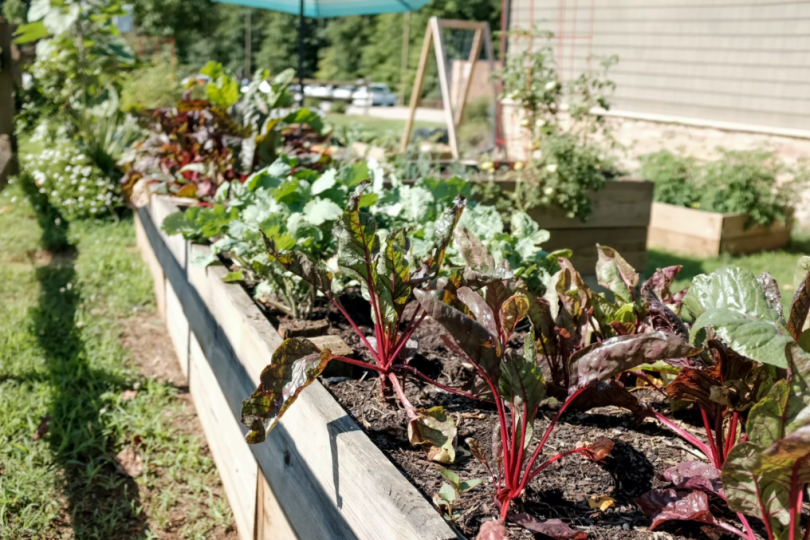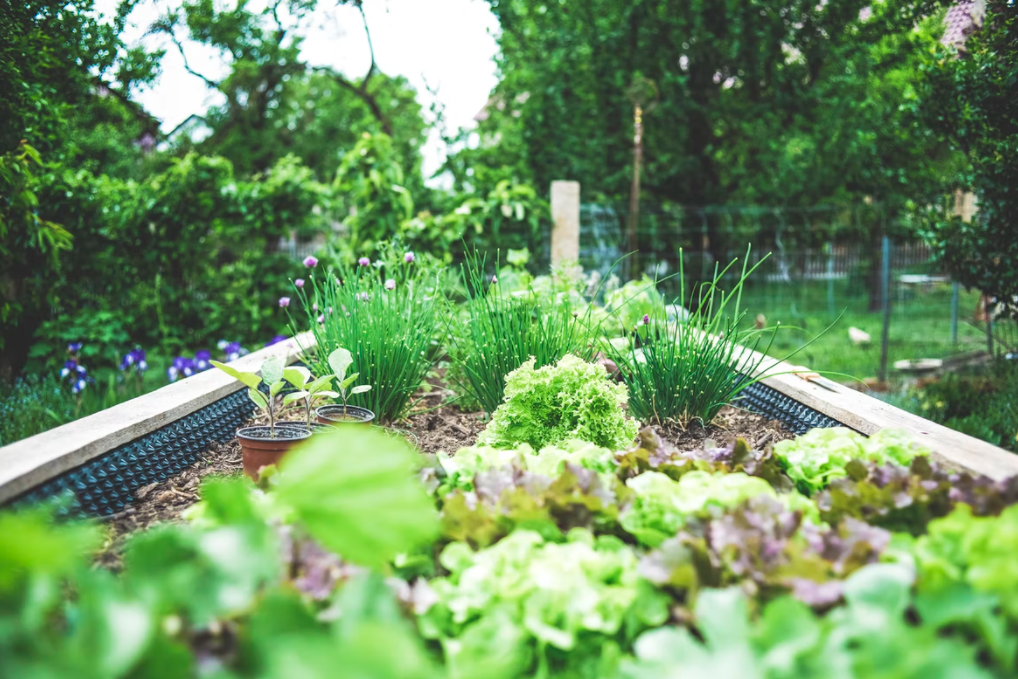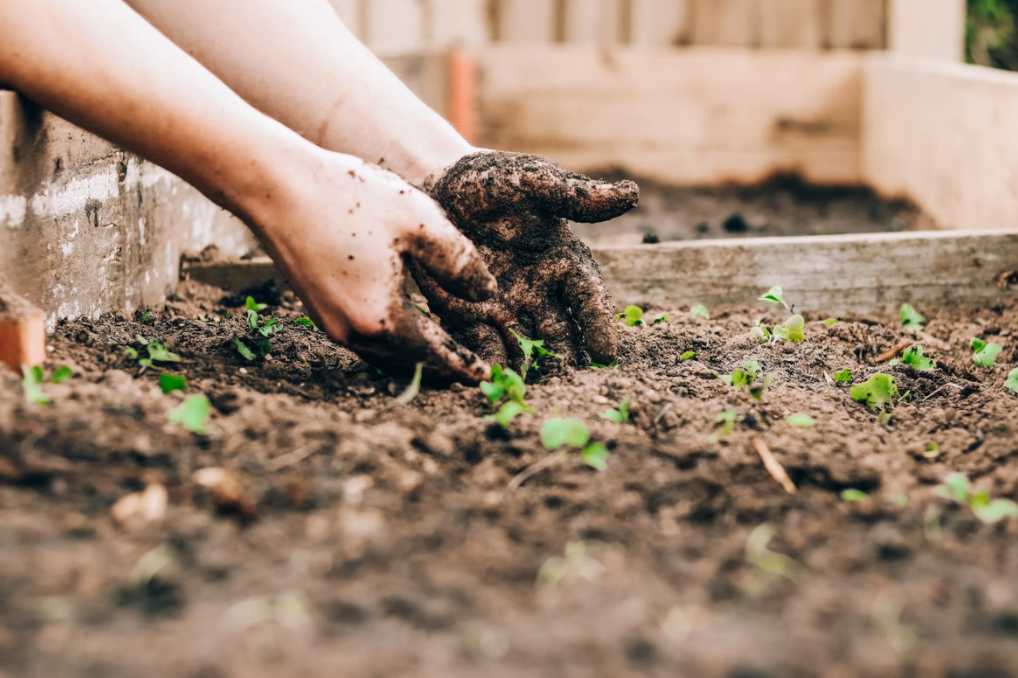Organizing your garden can be an overwhelming task. You can purchase plenty of different tools and products to make it easier, but using them is another story. Use the following ways to organize your garden effectively.
1. Plan Your Garden On Paper
First, you need to know what your garden will look like. Draft a plan for where all of your garden’s components will go. It includes your paths, the planting beds, and anything else you want to include in your garden.
Once you have drawn out the plans, feel free to scribble the picture on the ground with a stick to see how it looks in real life before adding anything permanent. Putting your plan down on paper will save you a lot of time and headaches because it will help you avoid costly mistakes.
2. Mark Your Calendar
Plants will need plenty of time to grow, so you need to make sure your calendar reflects that by scheduling the season’s events well in advance. Marking your calendar will help you stay organized.
Knowing the seasons to plant or when to start building will ensure you don’t miss the best time to do what you need to do. For example, if you start planning for next summer’s planting season in February, it’s going to be very hard for you to plant in the spring or summer and still have everything at its peak.
You want to ensure that all the seeds you’ve planted make it through the season and are still growing when the next season begins. It is also important to plan seasonal activities for your garden to avoid forgetting anything.
For example, if you plant the seeds for fruit trees in the fall and want to harvest those trees next summer, remember that fruit trees will need to be pruned before they bloom so they can grow stronger.
3. Soil Preparation Is Key
Soil preparation is an important part of the process in order to get the best results from your garden. You need to till or dig up the ground well and remove weeds, rocks, and other debris before you start planting anything.
The more work you do now, the easier it will be in the spring when you’re ready to plant once all of your seeds have sprouted. You should decide on the best fertilizer and pesticide early on before you get overwhelmed with your planting schedule.
Soil filled with nutrients will save you a lot of headaches because it will prevent any disease from spreading and any pests from snacking on your plants before you do.
4. Getting Creative With Planting
You can create a better space for the garden by carrying out different strategies. You can plant the tall plants on the sides of the garden while you place the low plants in the middle.
By doing this, the tall plants can get support from the fence while you leave the center of the garden available for herbs and other low-growing plants. Also, look at the direction of the sun.
You want to plant plants that need more sun on the area that gets more sun and vice versa. You can get inspiration from an online garden organizer page to help you plan your garden and get creative with the space.
5. Keep An Eye On The Watering
Keep a close eye on your garden to ensure it’s getting all the water it needs. Don’t just water the garden a few times and assume it will be fine for the rest of the season. Ensure that you water your garden every time it dries out, especially during hot summer months when plants are more likely to wilt from thirst.
Plants need plenty of water to stay healthy, but you don’t want to drown them either. Get a watering can that has a mister feature. It will release small amounts of water at a time. It is suitable for the roots of your plants, which will not get waterlogged.
6. Add Containers To Your Vegetable Patch
Your vegetable patch is the part of your garden that you’ll most likely be able to see the most, so you must give it plenty of attention. Containers are very useful in helping you achieve an organized garden.
By using containers, you can add unique color, texture, and style to your garden, which will make it more attractive. Add containers to your vegetable patch to ensure your plants get enough light all year round.
Planting vegetables in containers can also help you prevent any weed problems by keeping the garden area isolated. Containers help separate garden areas, which can assist in keeping your vegetable garden organized.
7. Keep A List Of Plants With You When You Go Gardening
When going to the garden, keep a list of your plants next to you so that you can keep track of where they’re at, along with their names. It will help you remember what kinds of plants are in the garden and exactly what’s under each plant.
It will help ensure that you don’t forget about any plants along the way and endanger them. Keeping the list will help organize and decide what goes where in the garden.
In conclusion, many people find it very daunting when they sit down to think about organizing their garden, but it’s not as hard as you might think. Use these tips and tricks to get your garden organized and enjoy the natural beauty it offers.






